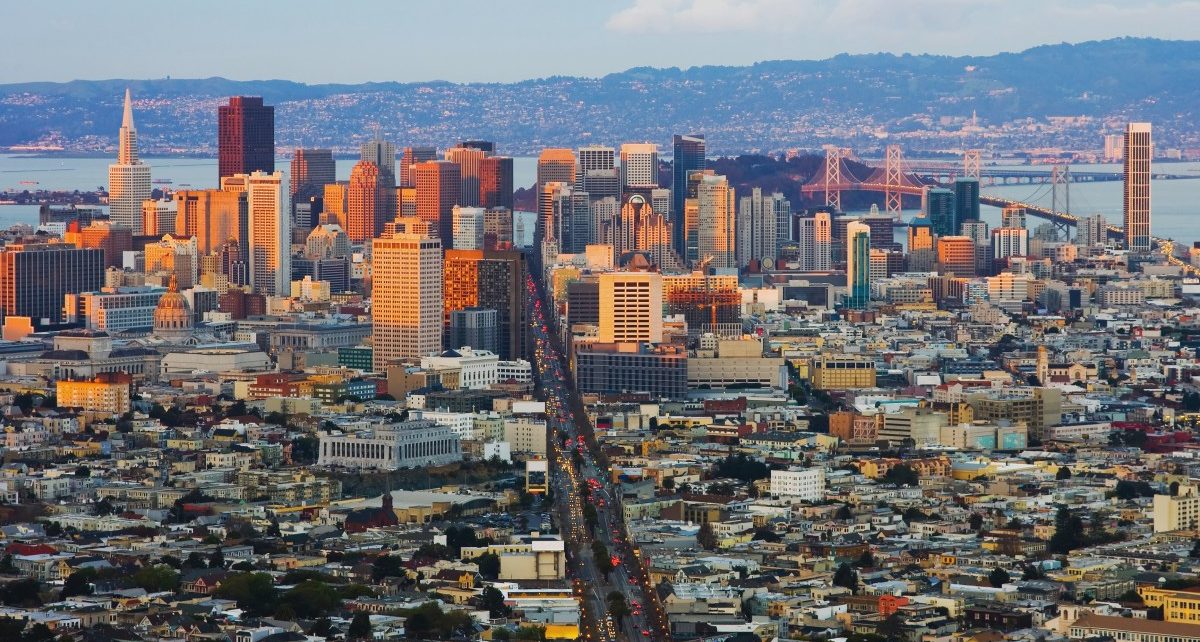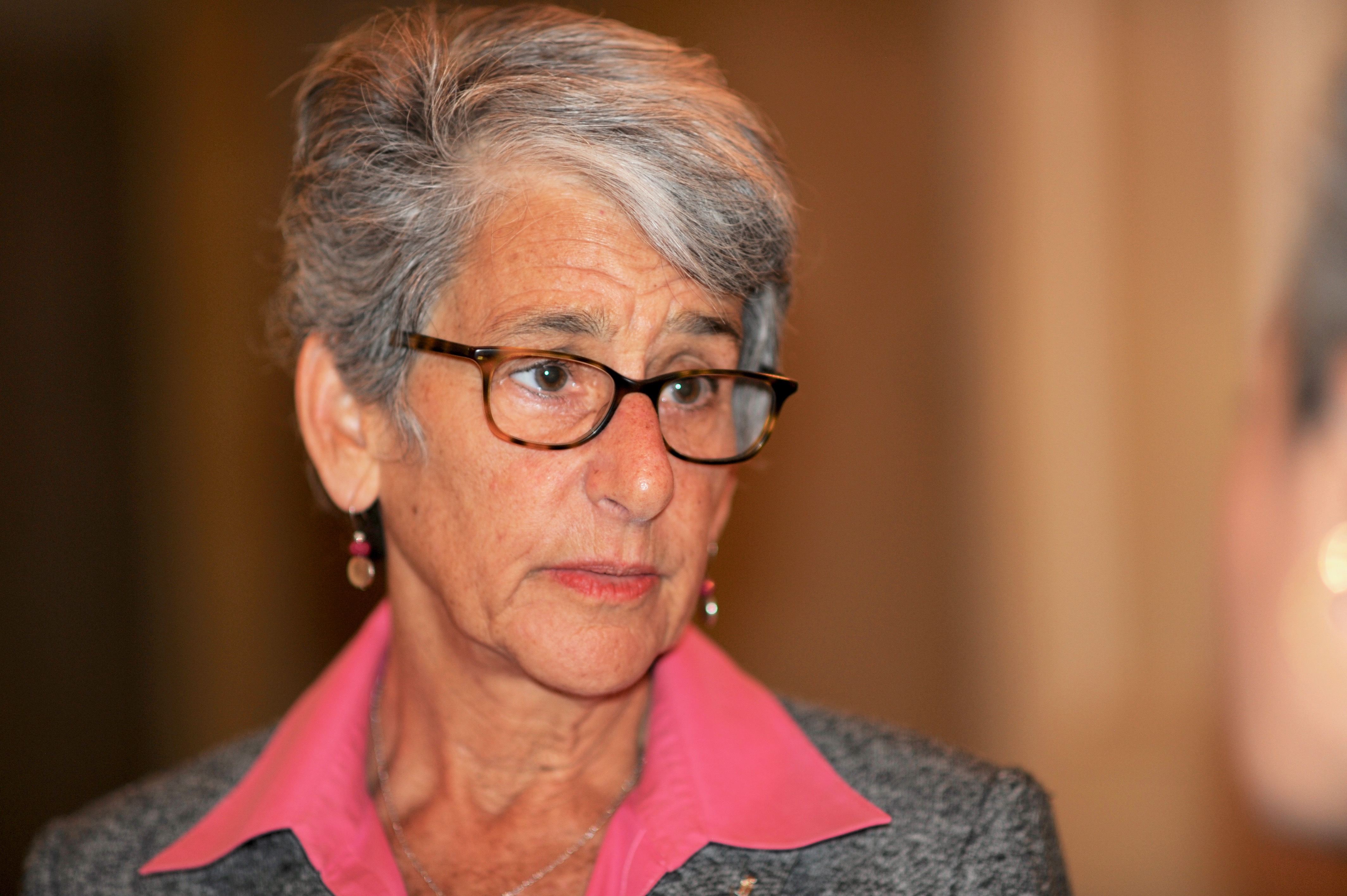
San Francisco (wallpaper)
Why MainStreet’s Viral ‘$10,000 To Leave The Bay Area’ Offer Will Only Hurt The Region
One company’s unique solution to the housing crisis and to move people away from cities hurts more than it helps.
By Evan Symon, November 13, 2019 7:55 pm
Silicon Valley startup ‘MainStreet’ made headlines this week with its offer of paying $10,000 for people to move out of the Bay Area.
MainStreet, whose company goal is to “help create jobs in rural and suburban cities around America“, has gotten a lot of positive feedback from its program. The Bay Area has been the hardest hit region in the housing crisis with a lack of affordable housing, high prices, and a perceived feel of ‘being taken over’ by the tech industry. MainStreet’s goal of bringing remote jobs outside of cities and to places where they may need remote workers.

“It’s been about, ‘Well, I want to buy a house’ or ‘I want better schools for my kids.’ Ten thousand dollars is a nice gimmick to get people’s attention,” said MainStreet CEO Doug Ludlow. “But once people learn about what we’re doing and our mission, what we can actually do for them is the driving incentive.”
“In less than one day, we have hundreds of people applying already,” Ludlow continued. “By the end of the week, it will be thousands.”
Currently, MainStreet is only accepting remote Tech workers, who can only receive the $10,000 after working out of a MainStreet office for a year.
However, such a program may actually be disastrous for cities in the Bay Area and Silicon Valley.
“Tech workers are well paid,” said Sanjay Patel, a remote worker expert. “They make an average of over $125,000 a year.”
In San Francisco alone they make more, averaging over $145,000 a year.
“These workers have been injecting cities with a lot of tax revenue and a lot of revenue coming from luxury item taxes. A lot of that tax money goes to social services and other vital city programs. Remote workers, since they work from home and don’t commute into the Valley, they shop locally more often and support more local businesses.
Now MainStreet aims to bring on a lot of people and create 1,000,000 jobs in the 2020’s. So, within a few years, a lot of these remote workers will leave the Bay Area.
You’ll still have tech workers, but they’re going to be working outside the city. And with all of these wealthy people leaving and no more coming in, which we’ve been seeing thanks to the San Francisco housing market having prices keep dropping, many cities in the Bay Area will now have to contend with the fact that a lot of high wage people are gone, that a lot of customers, especially those supporting small businesses, are gone, and a lot of housing is opening up, but are still at prices where no one can now afford them.
Many cities are currently in a financial hole, so a program on a large-scale like this plans to be will only hurt the cities.”
San Francisco, for example, is facing a $644 million dollar budget deficit, while San Jose is already preparing for the next one.
With a shrinking tax base you need to cut services. And in San Francisco, which advertises itself as a compassionate city, it’s going to be harder than when Detroit had to do it in the 1970’s.”
“This is why this kind of program that plans to do something like this large-scale is dangerous,” explained Patel. “Instead of letting it happen naturally, it’s forced out. And that’s not even mentioning these suburbs and small towns now suddenly facing a shortage of upscale homes and services for people with disposable income now moving in. They’re going to be seeing large increases in tax revenue, but like cities that experience a skyrocketing average income with no way of knowing for sure it will be here that long, they don’t know whether or not to start building new projects and increasing the budget if such a stay is only temporary.”
- Bill to Require Law Enforcement Disclosure if AI Was Used To Help Write Reports - August 7, 2025
- Gov. Newsom Files FOIA Request To ‘Expose True Cost’ Of L.A. Federal Troop Deployment for Anti-ICE Riots - August 6, 2025
- California Redistricting: How Newsom’s Plan Will Demolish Hard Fought GOP Gains - August 6, 2025




